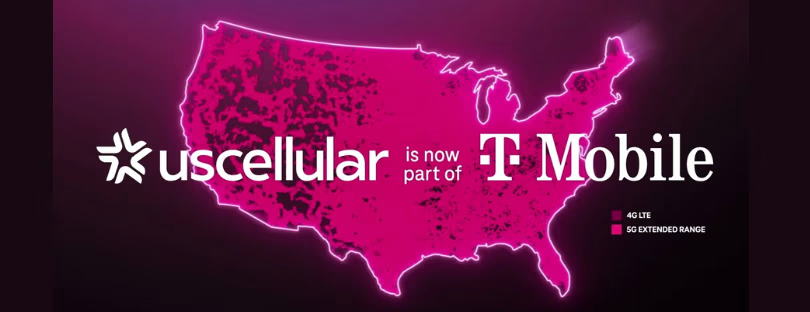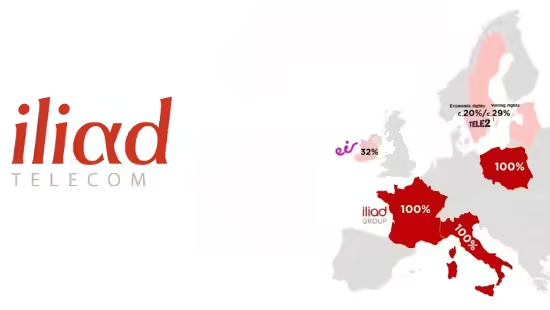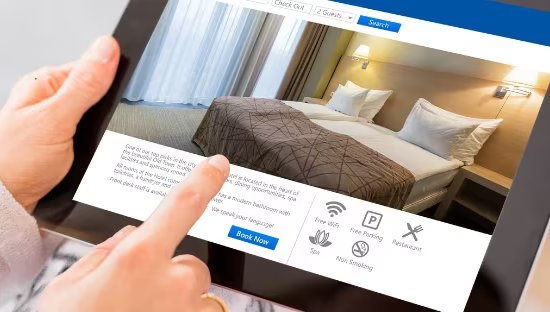
T-Mobile Just Sealed Its $4.3B Takeover of UScellular’s Wireless Operations
T-Mobile has officially confirmed the acquisition of UScellular’s wireless operations and select spectrum assets in a landmark $4.3 billion deal. T-Mobile UScellular acquisition
The agreement, a mix of cash and assumed debt, gives T-Mobile access to valuable mid-band and low-band spectrum as well as around 4 million UScellular customers, many of whom are based in rural and underserved areas.
What the Deal Covers
The acquisition includes:
- A majority of UScellular’s wireless customers, primarily served by its retail wireless operations.
- Certain key spectrum licenses, especially in the 600 MHz and 700 MHz bands
- Approximately 30% of UScellular’s towers, which T-Mobile will have the option to keep leasing or acquire outright
UScellular will retain its name and some of its remaining infrastructure assets, but it will no longer be a national wireless player. T-Mobile, in contrast, expands its already dominant 5G footprint and rural reach.
Why It Matters
For T-Mobile, this acquisition is about scale, spectrum, and rural growth. The company has long targeted rural expansion to compete more directly with AT&T and Verizon in underserved regions. With this move:
- T-Mobile gains a deeper spectrum portfolio—especially useful for enhancing its mid-band 5G dominance.
- It boosts its customer base in rural America, where UScellular was a long-standing regional favorite.
- It further consolidates the US telecom market, reducing the number of major facilities-based operators to essentially three: Verizon, AT&T, and T-Mobile.
This deal also comes amid a broader industry trend of consolidation, cost-cutting, and a renewed focus on 5G monetization.
What It Means for Customers
If regulators approve the deal (a likely outcome given current pro-consolidation sentiment), customers will probably see:
- Improved network coverage, especially in rural zones
- Potential price and plan harmonization, aligning UScellular customers under T-Mobile’s offerings
- Some short-term disruption as systems integrate and towers are consolidated or upgraded
Importantly, T-Mobile has promised to maintain service continuity and invest in rural infrastructure, signaling a strategy to win over newly acquired users rather than simply absorb them.
Conclusion: A Bold Power Play With Ripple Effects
T-Mobile’s $4.3 billion acquisition of UScellular’s wireless business is not just a network expansion—it’s a strategic consolidation that may reshape competitive dynamics in U.S. telecom.
By acquiring a key regional player, T-Mobile strengthens its hand in both rural deployment and spectrum leadership, reinforcing its ambitions to become the “un-carrier” across all of America, not just urban hubs. It also pressures Verizon and AT&T to double down on their rural strategies or risk losing relevance outside core metro markets.
On the flip side, fewer carriers mean less price competition long-term. While T-Mobile’s short-term promises suggest investment and growth, industry history reminds us that consolidation often leads to higher prices and reduced consumer choice over time.
For now, T-Mobile is signaling a clear message: 5G leadership won’t be won in cities alone. Rural America is the new battleground—and this deal is T-Mobile’s opening salvo.











